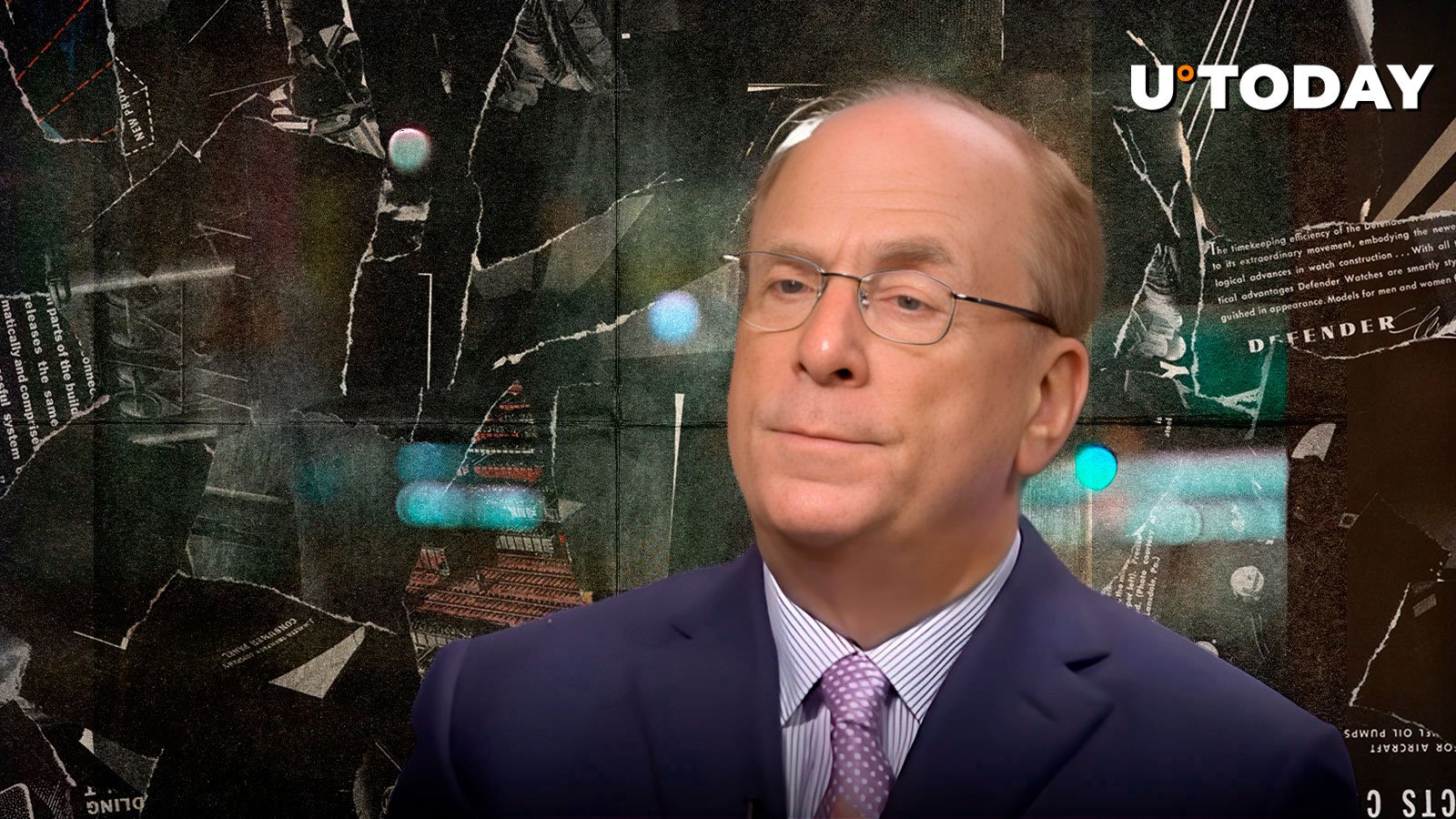In the previous installments of this series, we explored how the HODL culture has undermined Bitcoin’s privacy, squandered its potential as a global medium of exchange, and encouraged the creation of toxic cancel culture.
This installment explores the next order of effects of institutional hodling by publicly traded companies, and how their decisions could have dire consequences for the global economic system.
Hold onto Your Butts!
MicroStrategy was once known as a stable force in the enterprise software world. Founded in 1989, it built its reputation on data analytics and business intelligence software. However, all changed in 2020 when CEO Michael Saylor initiated a radical shift—making BTC acquisition a core part of the company’s treasury.
What began as a speculative venture quickly became the cornerstone of Saylor’s vision. Over three to four years, the company has allocated billions of dollars to purchase BTC, cutting costs in key areas to free up capital. This pivot has shifted from creating value through software innovation to relying on an external asset to drive shareholder value.
Saylor's influence has encouraged other corporations, including Microsoft, to consider adopting BTC as part of their capital strategies. However, this approach carries a dangerous underlying message: companies should cut back on productive budgets and redirect them into holding BTC, creating a passive value pool.
The Opportunity Cost
The implications of this strategy across the corporate landscape are troubling:
- Walmart could divert funds from logistics, resulting in slower deliveries and higher prices.
- Amazon might cut budgets for logistics, leading to diminished customer satisfaction.
- Apple could release new products less frequently by reallocating R&D capital to BTC.
- Other major companies like Ford, Kroger, Walgreens, Verizon, and Tesla may reduce investments in production and customer services in favor of BTC.
While BTC holders might find such a scenario thrilling, the broader economy would suffer. Companies diverting productive assets into speculative holdings would see reduced productivity, fewer new products, and stagnated innovation.
The Existential Risk of HODL Culture
This HODL-centric model is a threat to the economy, promoting an accumulation mindset that replaces real economic contributions. The FOMO it fuels prioritizes price over productivity, risking an economy defined by scarcity of innovation.
Bitcoin was never intended to be a digital gold standard, locked in idle accounts. Satoshi Nakamoto’s vision was to create a transactable currency that powers global commerce. The BSV blockchain seeks to fulfill this promise by fostering active economic participation and smart contract functionality.
In contrast, while BTC culture thrives on instability, the BSV community focuses on building businesses that contribute positively to the global economy. HODL culture at scale isn’t an investment strategy—it’s a threat to economic dynamism, fostering a technocratic aristocracy that profits off scarcity without contributing to productivity.
The true promise of Bitcoin lies not in passive speculation but in enabling humanity to become freer, wealthier, and more connected.









Comments
Join Our Community
Sign up to share your thoughts, engage with others, and become part of our growing community.
No comments yet
Be the first to share your thoughts and start the conversation!